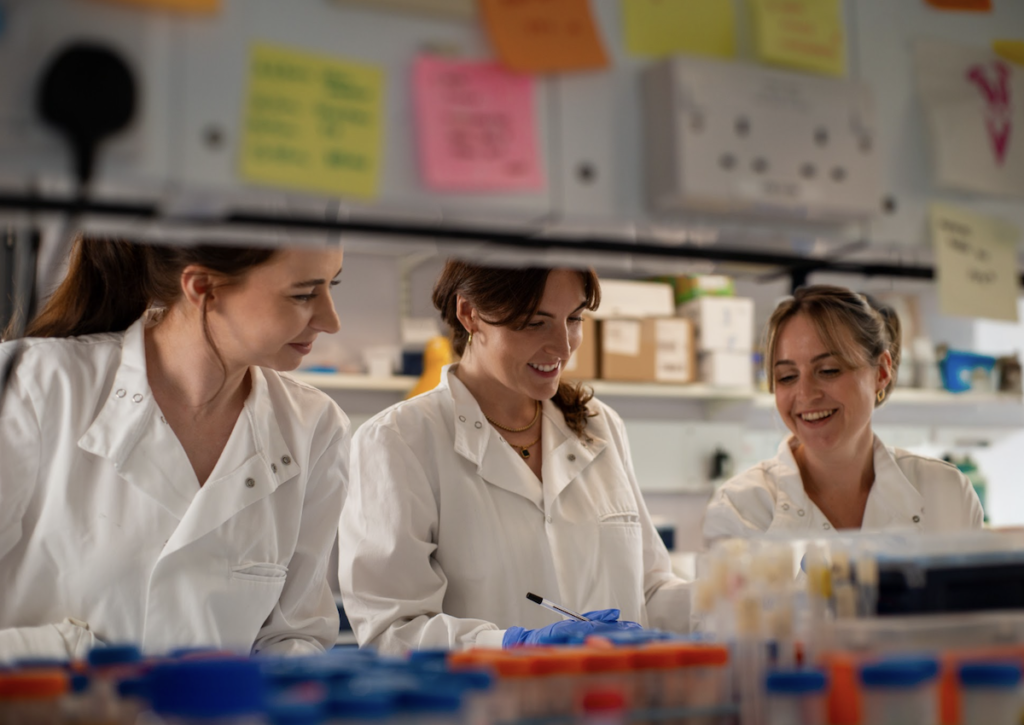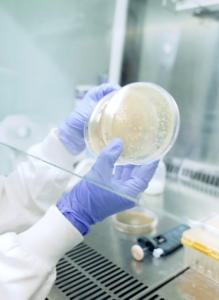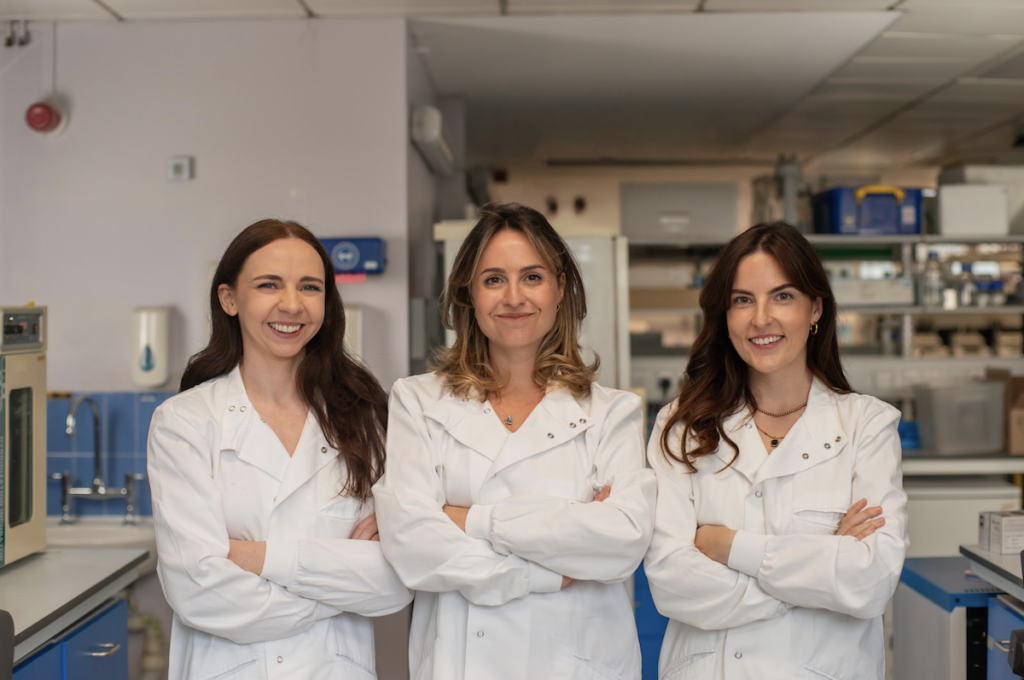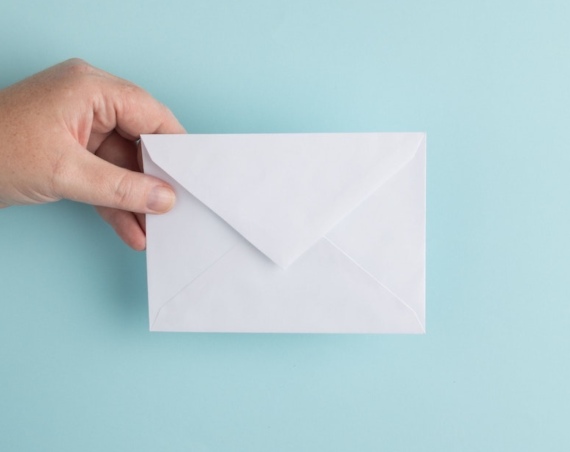
When Dr. Sioned Jones and her co-founders were collecting breast milk samples for their research at UCL, they made an accidental discovery that would reshape their entire business strategy. The London-based startup discovered that expressed breast milk loses its beneficial bacteria due to oxygen exposure, leading them to develop a device to protect the microbiome that shapes lifelong infant health.
“We realized that once breast milk was exposed to air, these beneficial anaerobic microbes would die within 60 minutes,” explains Jones, co-founder and COO of BoobyBiome in an interview with Femtech Insider. “These organisms have evolved to thrive in low-oxygen environments, yet current storage methods – whether refrigerated or frozen – don’t preserve this critical microbiome.”
That discovery has now led to a £2.5 million seed round led by Empirical Ventures, with participation from The Helm, XFactor Ventures, Lavender Ventures, Kayan Ventures, and Evenlode Investment, with angels including Dominic Hollamby, Lord Ara Darzi, Yael Cohen, Vanessa Colomar, and others.
Decoding the Breast Milk Microbiome
BoobyBiome was founded in 2019 by three female PhD scientists – Jones, Dr. Lydia Mapstone, and Dr. Tara O’Driscoll – who identified a fundamental research gap. Breast milk was considered sterile until the early 2000s, meaning the existence of a breast milk microbiome wasn’t recognized until recently.
“The breast milk microbiome was significantly under-researched and underfunded, reflecting broader patterns in women’s health research,” Jones says.
While researchers knew that this microbiome existed when the team got started with their research, no one had decoded it to strain- level resolution – the highest possible analytical detail that reveals each microorganism’s specific functions.
“We conducted shotgun metagenomic sequencing on both breast milk and infant stool samples across the UK to trace which organisms are transferred from mother to baby and to understand their individual roles in immunity and metabolic function,” Jones explains.
This foundational research revealed core beneficial strains that exist across different women’s breast milk, and are mirrored in infant stool, highlighting the transfer of microbes despite individual microbiome variations.

BoobyBiome’s Two-Product Strategy
Fast forward to today, the company now addresses infant health through both preservation and provision. Their first product, launching in 2026, is a device universally compatible with breast milk storage bottles that absorbs oxygen to maintain microbiome viability. The universal compatibility allows the company to partner with global bottle manufacturers, selling the device alongside existing products.
“Our device preserves the complete nutritional profile – microbiome, vitamins, and antioxidants – while preventing contamination and even extending shelf life,” Jones notes. “We’re protecting what mothers naturally produce.”
The second product in development is a live microbiome drop supplement for formula-fed babies. The company has identified strains that perform specific beneficial functions, including breaking down human milk oligosaccharides – complex sugars that serve as food for beneficial bacteria.
“We focus on functional outcomes rather than exact microbiome replication,” she explains. “Different individuals may have varying microbiome compositions, but key strains can deliver consistent health benefits.”
The Health Imperative
Rising rates of asthma, allergies, type one diabetes, obesity, and childhood leukemia share a common factor: Disrupted infant microbiomes. Since approximately 40% of the infant gut microbiome is established through breastfeeding, early intervention could have significant long-term impact.
“The first 1,000 days of life establish the foundation for lifelong health,” Jones explains. “Millions of infants are beginning this critical period with incomplete microbiome development.”
The company’s research focuses on this developmental window, when microbiome establishment affects immune system programming and metabolic health patterns.

Looking Ahead
Beyond the seed round, BoobyBiome has previously secured £2.6 million in Innovate UK grants, including a £1.6 million biomedical catalyst grant supporting the live microbiome drop up to clinical studies. The company is collaborating with the University of Reading to test formulations in artificial gut models before human trials.
The preservation device will launch direct-to-consumer in the UK in 2026, followed by European and US expansion. Beyond research, the seed funding will support partnerships with bottle manufacturers and commercial team expansion.
“Our mission encompasses every feeding journey – preserving breast milk microbiomes for breastfeeding mothers and providing beneficial strains for formula-fed infants,” Jones says.
BoobyBiome’s approach represents a shift from generic probiotic supplements to targeted microbiome interventions based on functional understanding. The company aims to continues expanding its research platform, building databases and biobanks for future product development.
“Establishing proper microbiome foundations from birth could fundamentally change health trajectories for the next generation,” Jones explains.
As microbiome science advances and regulatory pathways develop, the company’s early research investment positions it to address one of the most fundamental aspects of human health: How our microbial communities shape lifelong wellness from the earliest moments of life.


